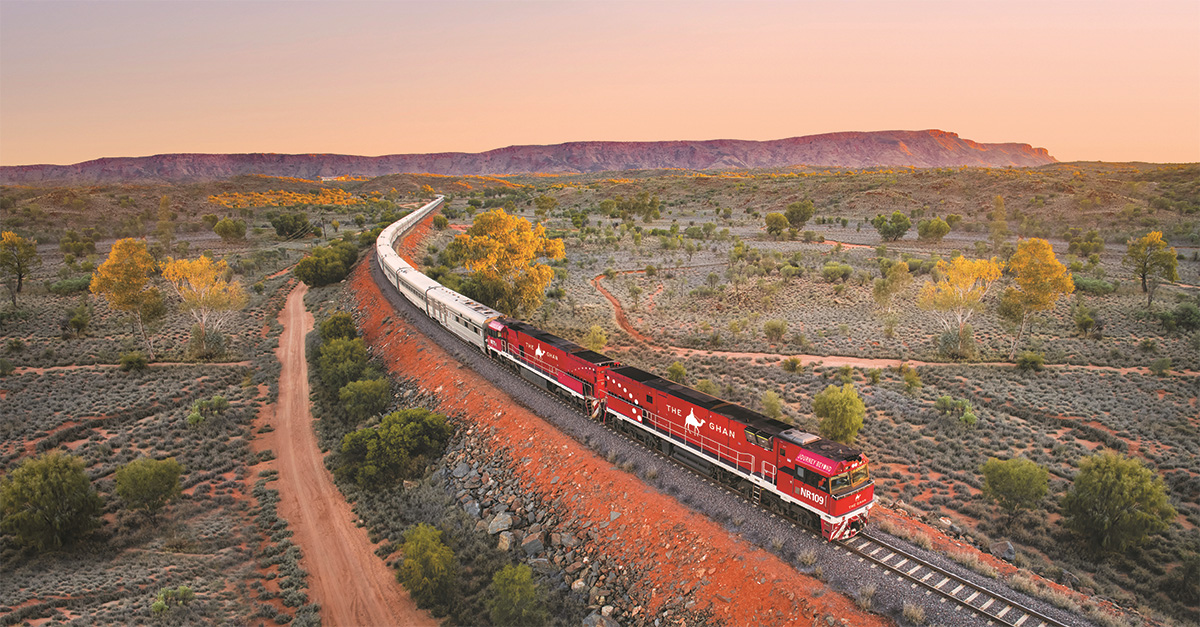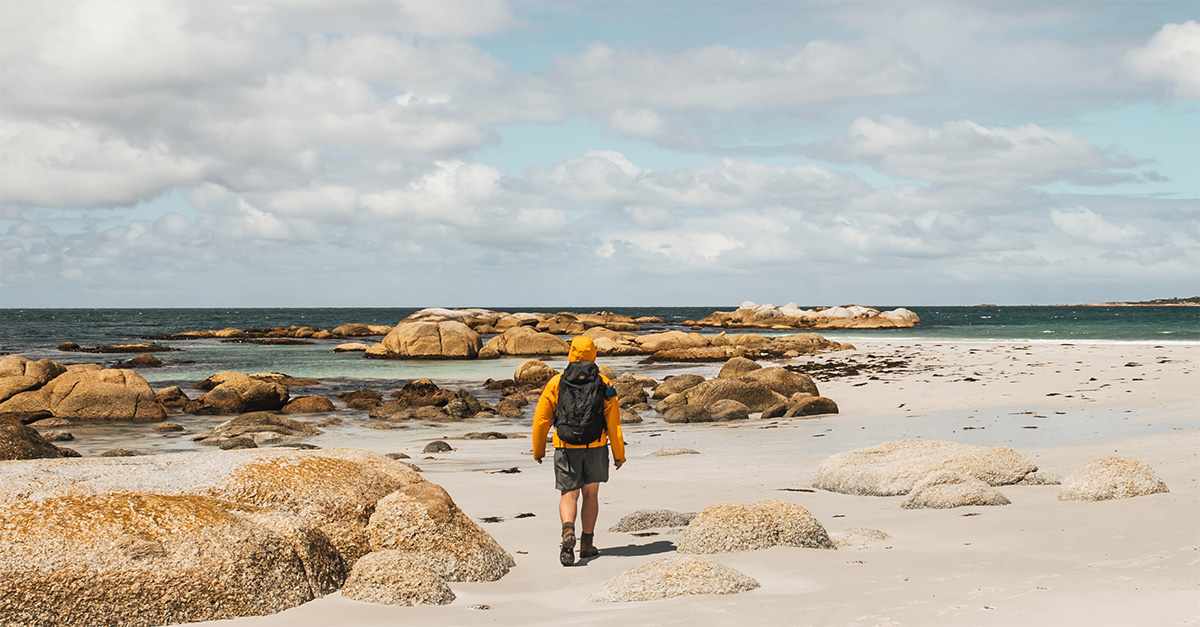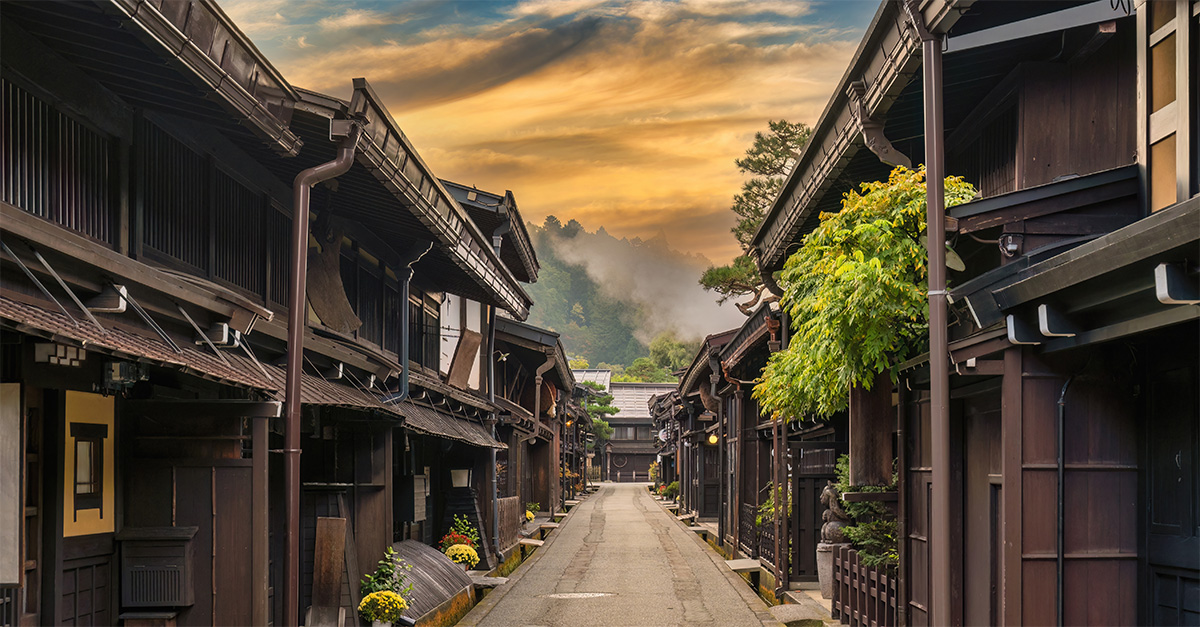Plastic has taken centre stage this year, but what’s the next hot topic? Laura French reports.
Click here to download and save as a PDF
If there’s one thing that’s got the world talking this year, it’s plastic. Blue Planet II captured public attention like never before, highlighting the damage plastic is doing to our planet and shining a light on some stark statistics: according to a World Economic Forum report, it’s estimated that by 2050, the oceans could hold more plastic than fish.
The travel industry has been quick to respond: Abta made it the focus for this year’s Make Holidays Greener campaign, the Lata Foundation put it top of the agenda for Latin America, and new organisation Travel Without Plastic was established, with a goal of preventing one billion plastic items being thrown out by hotels by 2020.
Suppliers have taken action too, with dozens of hotel groups queuing up to ban plastic straws, Eurostar committing to a 50% reduction in all plastics in the next two years, Exodus Travels vowing to cut single-use bottles from all trips by the end of 2018 and Hurtigruten, Royal Caribbean and now Virgin Voyages pledging to eliminate single-use plastics altogether.
“Blue Planet II captured public attention like never before, highlighting the damage plastic is doing to our planet.”
But while plastic has taken centre stage, it’s far from being the only issue facing us – and the industry is starting to wake up.
Trudi Pearce, founder of Responsible Tourism Consulting, says: “As a result of the attention sparked this year, I see dialogue on other sustainability matters, and more awareness about how we are living our daily lives and how we can make better choices.”
We speak to some of the industry’s key players to find out what those issues might be, and how you can answer your clients’ questions on sustainability.
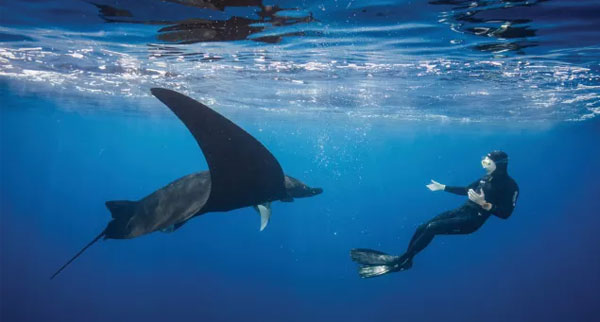
Marine conservation
Danny Copeland, marine conservationist and trip leader, Dive Worldwide
“Plastic pollution is by no means the only challenge our oceans are facing. Overfishing and habitat destruction are major issues, while climate change and its twin sister, ocean acidification, are arguably the two largest threats that exacerbate the rest.
“Resources are limited, so marine conservationists must prioritise their efforts to conserve the ecosystems and species that are critical to maintaining the health of the wider ocean realm. We must protect areas where marine species come to breed and aggregate, such as mangroves and reefs, as well as corners of our ocean that harbour a diverse range of species, such as the Coral Triangle, an area around Indonesia and the Philippines that’s like the Amazon of the ocean. We’re creating more trips that proactively contribute to marine conservation in a direct and tangible way, partnering with local scientists and NGOs to support their work.”
Water management
Tolene van der Merwe, UK & Ireland hub head, South African Tourism
“At the start of this year, Cape Town was experiencing an ongoing water shortage due to sustained periods of drought, leading to reports that residents of the Cape Town area would experience a severely reduced supply of water to preserve dam levels.
“However, Cape Town has had significant rainfall during the last few months and as a result, dam levels have risen consistently and are now
up to 56% full.
“Restrictions on water usage are still in place, and the City of Cape Town, provincial government, tourism industry and Capetonians alike, have implemented robust measures to reduce water consumption.
“We must of course all continue to be sensitive to the changing environment and modify our attitudes to water consumption.”
“Hotels and the travel industry have been at the forefront of this, introducing low-flow taps and shower heads, encouraging visitors to take quick showers, asking guests to use their towels more than once, and filling swimming pools with salt (sea) water.
“Cape Town has and always has had enough water for tourists’ essential daily needs, and all major tourist attractions, restaurants, bars and other entertainment spots are operational. The best thing that tourists can do is to keep coming to Cape Town.
“We must of course all continue to be sensitive to the changing environment and modify our attitudes to water consumption, to ensure we manage and preserve this invaluable resource for generations to come.”
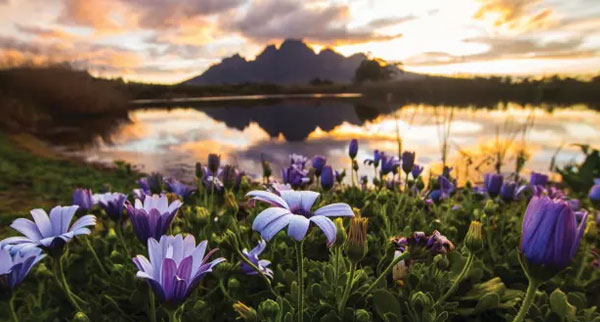
Local communities
Jamie Sweeting, vice-president of social enterprise and responsible travel, G Adventures
“Conserving cultures and protecting indigenous communities makes up one of three focus areas for the social enterprise projects we support.
“We found very little guidance on what responsible business practice looked like for companies working with indigenous communities and businesses. Ironically, there have been a number of pieces published on what indigenous communities and businesses should do to work with us, but not the other way around.
“To date, we are honoured to have the opportunity to take our travellers to experience about 100 different indigenous peoples and tribes around the globe. Examples of our projects include a recent partnership with the indigenous Wiwa community that live in the villages surrounding Colombia’s Lost City. Working alongside the first indigenous travel company in the region, we have created a new exit trekking route that allows our travellers to visit the villages for the first time, led by an indigenous guide.”
Clean water
Steph Carr, direct marketing manager, Hayes & Jarvis
“About 844 million people across the world don’t have access to clean drinking water, and a third of the population is without access to adequate sanitation facilities. About 80% of illnesses within developing countries are linked to poor water and sanitation conditions.
“Hayes & Jarvis believes it’s important to give something back to local communities and has been supporting water charity Just a Drop for the past nine years. Last year’s project brought safe drinking water and improved sanitation and hygiene facilities to 592 pupils and teachers at Kiteta Girls Secondary School in Kenya, and this year we’ll be supporting a project in Cambodia.
“About 80% of illnesses within developing countries are linked to poor water and sanitation conditions.”
“In the UK, we are all guilty of taking clean water and sanitation for granted. It’s not just what the travel industry could be doing to help the issue, but what more we could all be doing. Small changes, such as turning off the tap while brushing your teeth or cutting down the length of your shower, can have a massive impact.”
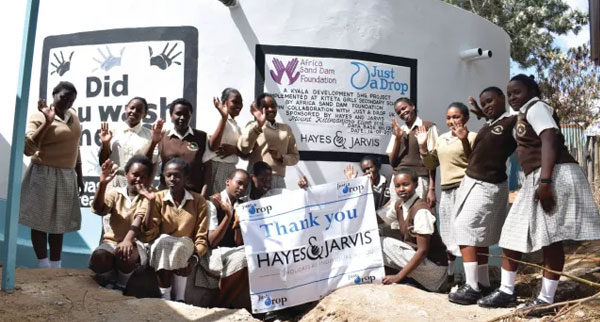
Equality in travel
Aaron Hocking, UK managing director, Intrepid Travel
“At the end of 2017, we signed up to the UN’s Women’s Empower Principles, and looking at the diversity of employees within the business has been a major focus for us. What we noticed was that while 65% of our office staff were female, this was true of just 22% of our tour leaders. We have now set a goal to double the number of female tour leaders by 2020.
“A good example of this is in India, where being a tour guide has traditionally been viewed as an unsuitable job for a woman. We have worked hard to actively recruit women and we now have 22 female leaders in the region.
“Our increased focus on diversity and inclusion means that our [proportion of] female tour leaders globally has now reached 27%. There is still some way to go to reach our goal, but we are continuing to take proactive steps in countries where female employment in the travel industry is not the cultural norm.”
Preventing poaching
Thapelo Motebo, group biodiversity coordinator, Wilderness Safaris
“Wildlife crime is a huge issue at the moment. Poaching of rhinos, elephants, abalone and pangolins leads to a reduction in numbers and eventually the extinction of these species.
“While many companies are making a remarkable impact, serious ecotourism companies now need to migrate the model to less well known and even more-threatened ecosystems.
“Poaching of rhinos, elephants, abalone and pangolins leads to a reduction in numbers and eventually the extinction of these species.”
“The industry can certainly do more around this. More collaboration and research are needed to encourage countries to work together to preserve endangered species.
“Most importantly, the industry needs to ensure that local people also benefit from tourism. Hopefully if local people can make a sustainable living, they are less likely to resort to poaching, which threatens the fauna and flora in the area.”
War on plastic
Explore, Wild Frontiers, Ramblers and Latin Routes have all partnered with Water-to-Go, offering discounts on the brand’s reusable, water-purifying bottles on their tours.
The Lata Foundation is working to reduce plastic in the Galapagos. There’s now a complete ban on plastic bottles, straws and bags, and G Adventures has committed to providing reusable water bottles on its trips to the region.
Read more
Ask the expert: Predictions for 2020 booking trends
Why Zambia could be the perfect choice for a sustainable safari
Five of the best ethical initiatives worldwide


